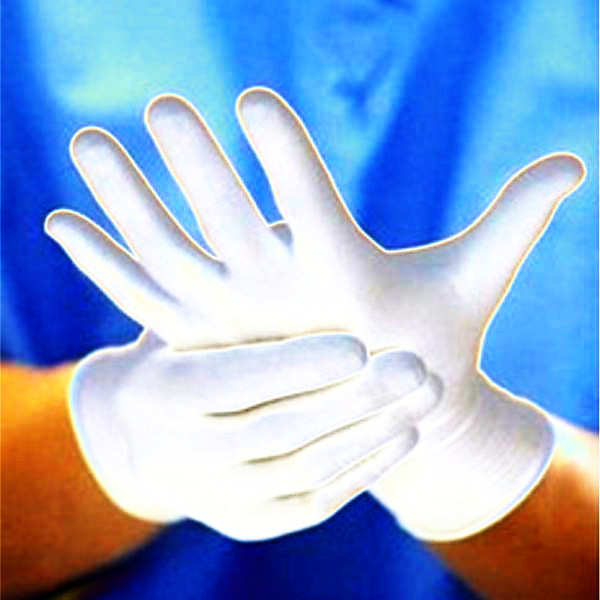Sepsis shot shows strength
 A promising new sepsis treatment has moved to the next phase of human trials.
A promising new sepsis treatment has moved to the next phase of human trials.
Researchers at The Florey have developed an innovative treatment, based on a pH-balanced formulation of vitamin C known as sodium ascorbate, which has demonstrated its effectiveness in mitigating this life-threatening condition.
Results from an initial clinical trial conducted at Melbourne's Austin Hospital, recently published in the journal Critical Care, underscore the potential of sodium ascorbate in sepsis treatment.
Sepsis, a notoriously challenging condition to manage, is responsible for up to 50 per cent of hospital fatalities.
It occurs when the body's immune system fails to combat an underlying infection, leading to a drop in blood pressure, multiple organ failure, and ultimately, death.
Associate Professor Yugeesh Lankadeva, the lead investigator at The Florey's Systems Neuroscience Theme, notes that the new treatment administered to patients in the Austin Hospital trial has resulted in encouraging improvements across multiple vital organs.
The next phase of this government-funded research project will extend its reach to intensive care units in Adelaide, Melbourne, Perth, Brisbane, Alice Springs, and Sydney.
A pool of 300 adult septic patients will be enrolled to receive either the sodium ascorbate formulation or a placebo, in addition to standard hospital care.
The prior phase of the trial involved 30 adult sepsis patients from October 2020 to November 2022. Half of these patients received sodium ascorbate, while the other half received a placebo.
The findings indicated that patients treated with sodium ascorbate exhibited improved kidney function, reduced reliance on the drug noradrenaline to restore blood pressure, and signs of enhanced organ function.
The experts say that the identification of sodium ascorbate as a potential treatment arose from their research into reduced tissue oxygen levels during sepsis.
Preclinical studies have yielded remarkable results, with a high dose of sodium ascorbate leading to full recovery within just three hours and no adverse effects.








 Print
Print